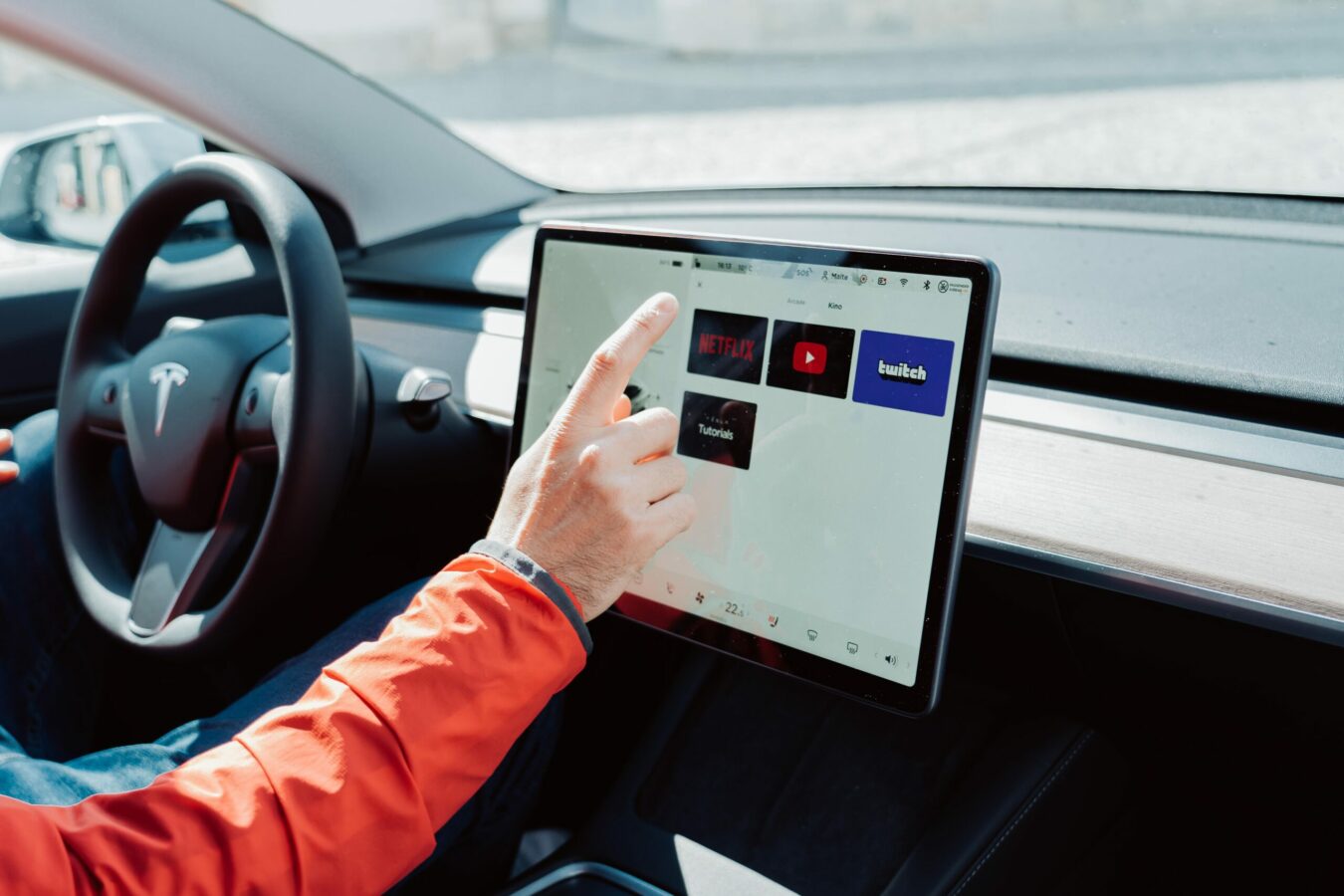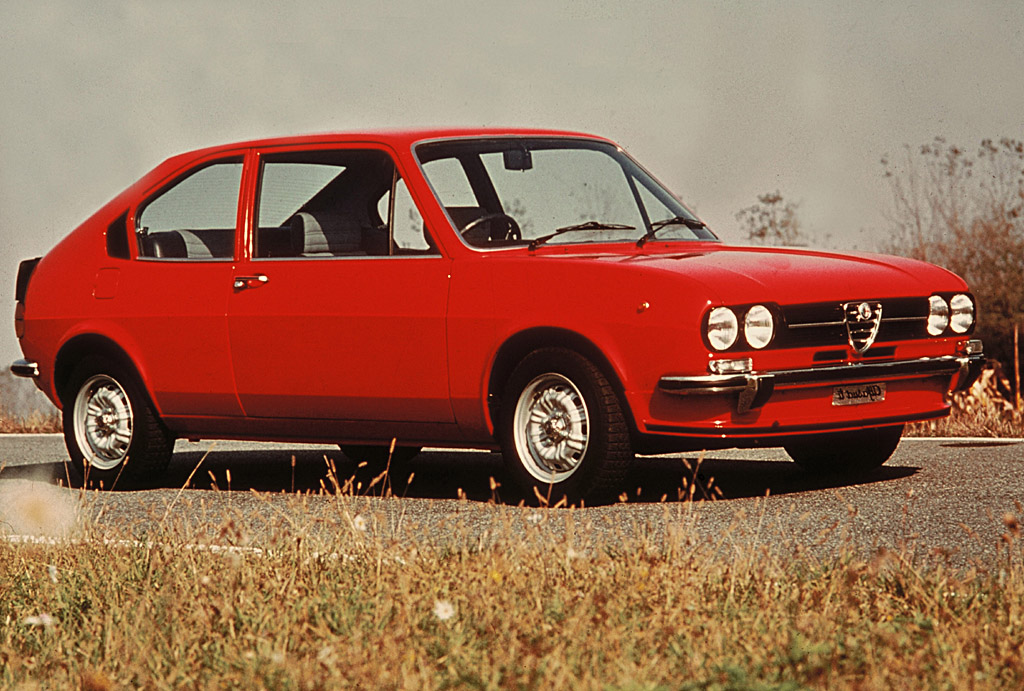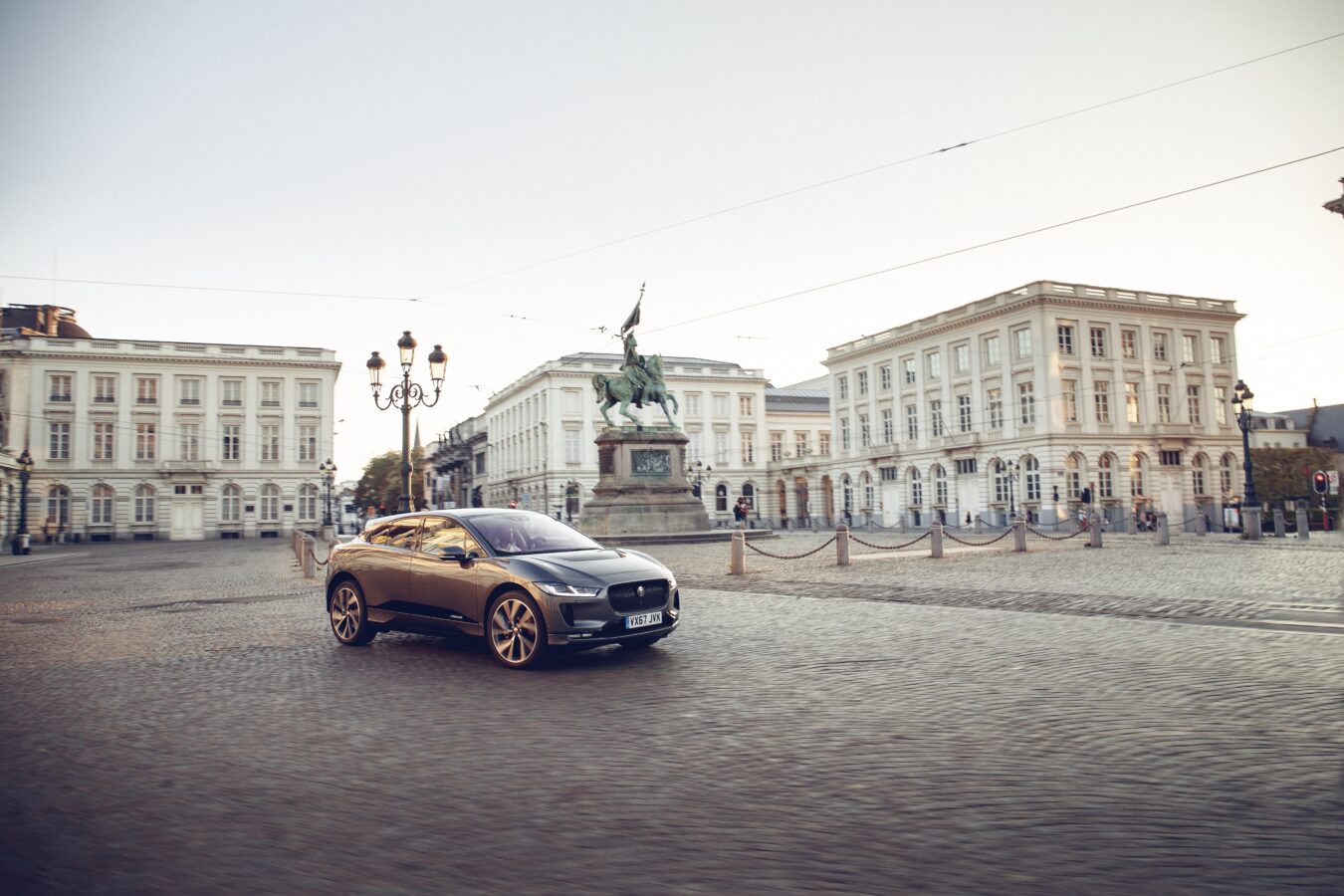A sci-fi analogy works well when discussing automotive industry expansion.
Cars are quite scientific and sci-fi is known for becoming sci-fact. Think Tricorder, think iPhone.
The big difference between Starfleet and the likes of Hyundai, Mercedes or Bugatti, is that the car makers have thrown the Prime Directive straight out the nearest docking bay. They are colonising a civilisation of alien products with a continuing mission to attract new customers to their brand.
Here’s a look at how they are doing this, and some reasons why.
It’s not sci-fi. Motoring is becoming too expensive. Young drivers in particular are less interested in car ownership now than they have been for decades. Last year, Alix Partners’ report on global motor industry growth highlighted that, if people were still getting driving licenses at the same rate as they were in 2000, we’d have five million more people on the road. That’s a lot of missed sales.
Car companies keep their brands alive in the face of such changes by presenting consumers with something new and unorthodox – an unrelated product offering that stands alone to target conquest customers not only from other brands, but from outside the automotive world.
This is not so much the Rolls Royce-SUV-style of growth i.e. automakers creating products to compete in an automotive segment other than the one they are traditionally associated with. They’re thinking outside the car industry box.
Moving into motorsport is a borderline example. VW has shown how successful this transition can be by winning the WRC Manufacturers and Drivers titles in its debut season. Hyundai is also tipped to be moving into WRC for 2014 with their i20 model.
Caterham and Mercedes-Benz’s Smart car sub-brand have expanded into the bicycle and motorcycle markets recently. Mercedes Smart e-bike has been popular; at least according to 166,421 people who liked it on Facebook. Fan engagement data is becoming as valuable as sales figures, particularly with regards to brand perception.
Meanwhile, Caterham, the sportscar brand that offers ‘accessible fun’, has recently announced that it will also be expanding, producing its new Carbon and Classic E-bike product lines, as well as its Brutus concept, dubbed the ‘SUV of Motorcycles’.
I wonder when we may see Mercedes-Benz expanding into motorcycles, taking the fight to its arch-rival over at BMW’s Motorrad?
Mercedes has recently launched itself into the London Taxi market with the Vito. Nissan has also entered the competition, with the NV200 Taxi taking it to LTI.
Other manufacturers have been even bolder with their brands (if less so with their products) by expanding their merchandise divisions to take themselves into the fashion and home retail industries.
For example, Bugatti and Bentley have their own luxury handbag ranges, with prices starting from $5,500. Porsche offers car silhouette paper clips for a tenner.

















